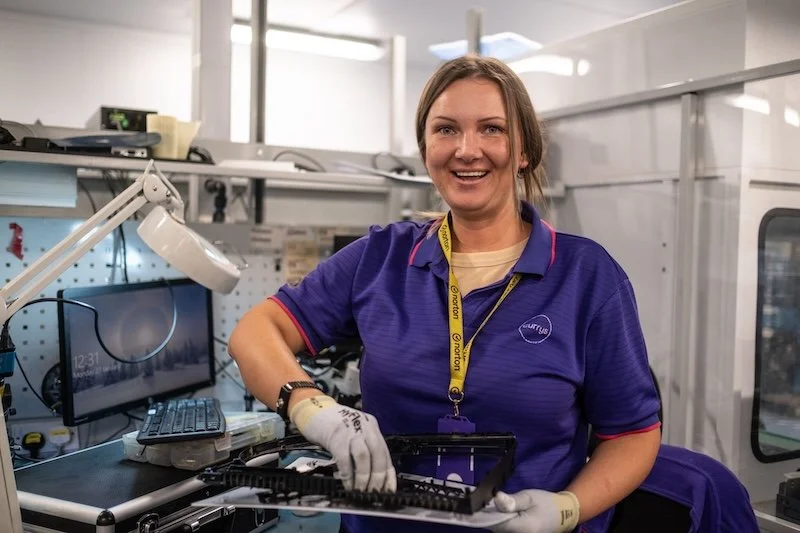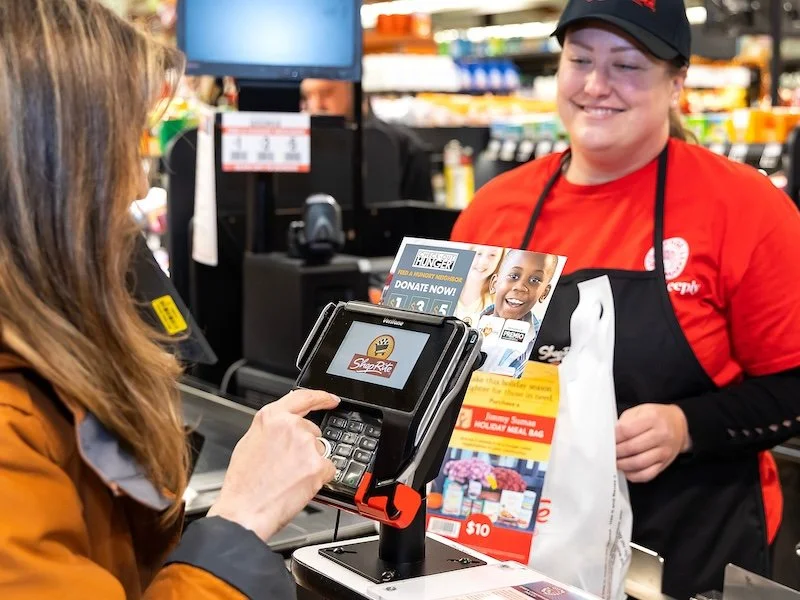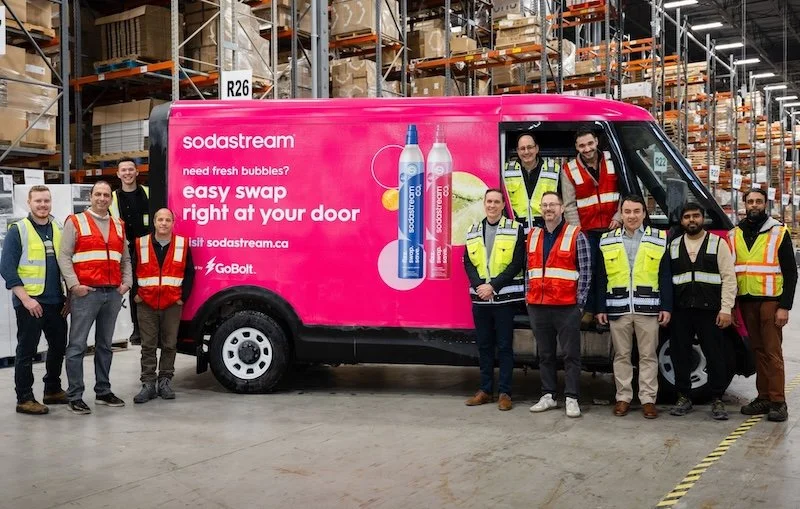Riskified survey shows e-commerce chargebacks on the rise with friendly fraud a key part of the problem
Riskified has unveiled Chargeback Challenges and What You Can Do About Them: Global Insights 2024, a survey conducted in partnership with Paladin Fraud of over 300 e-commerce chargeback managers worldwide.
This reveals significant and avoidable revenue losses for businesses at a time when the economic backdrop continues to be unstable and many are fighting for survival, prompting merchant respondents to highlight the need for AI and automation to improve some or all of the process.
Chargebacks serve as a mechanism for cardholders to dispute purchases with their payment issuers instead of a merchant, often leading to the rightful reversal of the transaction by merchants.
Although intended to protect consumers, there's a growing trend where this process is being exploited by unethical shoppers to reclaim funds through deceptive means.
The cost and complexity of managing disputes, combined with the sheer volume of claims - three in four Americans and Brits filed a chargeback last year (Justt), means that merchants are losing essential revenue.
Very proud to announce that Riskified will be @ChemistWhouse 's online fraud management partner! https://t.co/NtnZT7c6dp
— Riskified (@Riskified) March 15, 2023
Key findings from the report:
Chargebacks are on the rise with 76% of chargeback managers seeing as many or more chargebacks year over year.
Merchants are electing to let revenues slide, with nearly 60% leaving at least two in five chargebacks undisputed.
Reversal of sale is just the tip of the iceberg – 55% of merchants find that their current chargeback management process is too time-consuming, complex, and manual, adding to cost drivers and profit erosion.
‘Friendly fraud’ is a key part of the problem, with more than 73% saying that at least 20% of their chargebacks are first-party fraud, making it trickier to dispute.
Over 65% of merchants want AI and automation for some or all of the chargeback management process to help recover more revenue and increase efficiency.
Chargeback claims started trending upward during the Covid pandemic, as online shopping boomed and customers looked to recoup funds without leaving the house or having to navigate merchant customer service.
As this pattern continued beyond the pandemic, the way merchants manage chargebacks and the process to collate evidence to dispute fraudulent claims has failed to evolve at the same pace, resulting in highly manual processes, technical and data silos, and bureaucratic burdens that all exacerbate challenges and add to the cost of chargebacks beyond the reversal of sale itself.
Over half of merchants cited the current chargeback management process as too time-consuming.
With the influx of chargebacks, operations teams are very likely to miss the most important dispute candidates, such as first-party fraud which accounts for at least one-fifth of chargebacks, because of limited time, bandwidth, or easy access to data and evidence.
Across the board, merchants surveyed recognised they have room for improvement when it comes to recovering more revenue and increasing efficiencies.
65% felt automation and the use of artificial intelligence to streamline some or all the processes would make the biggest impact, and half want to consolidate disparate platforms and manage all chargebacks from one centralised platform.
“Merchants are working extremely hard to operate profitably, but many are unaware of significant technology advances that offer a huge revenue recovery opportunity within chargeback operations,” says Jeff Otto, Chief Marketing Officer, Riskified.
“Our global merchant survey reveals that fraud and chargeback managers overwhelmingly agree that their current chargeback management processes are too complex and manual for the volume of chargebacks they are seeing.”
“It’s no surprise that these hard working teams want AI-powered automation to help them dispute more chargebacks and win back more revenue.”






























Continue reading…